Adobe Stock Trend Overview
2
Today I want to share a translation of another interesting article from the Adobe Stock blog about preparing stock content this year and understanding the latest creative trends. The literal title would be something like “Shake Up Your Stock,” but I decided to improvise a little with the translation for a smoother effect. I hope you’ll enjoy it.
When you think about how much visual promotion has changed recently, it becomes clear – it was bound to happen! Smartphones have changed how we see the world and ourselves in it, turning moments of our lives from something deeply personal into something public.
Stock Trends on Adobe Stock
And how does this affect stock photography? The formal tone of images has changed. Techniques have evolved. Both contributors and buyers have shifted. So we must adapt too.
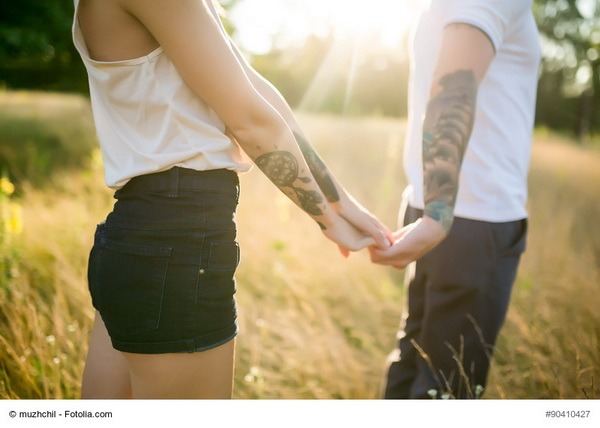
Lifestyle: Define Your Views
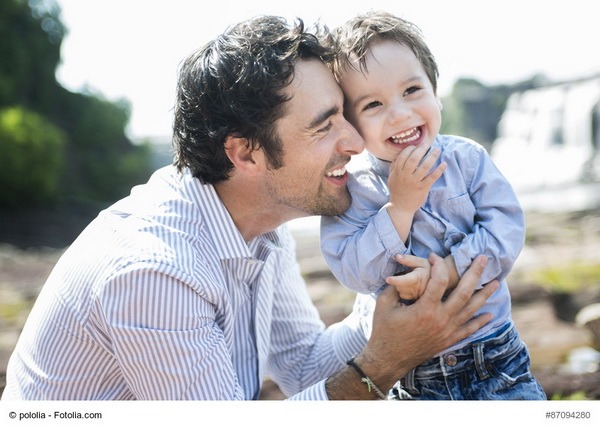
Sometimes this can be done by involving your family, friends, or close ones as models. Otherwise, you’ll need to spend time finding the right model who can truly express your ideas. So how should you shoot?
Strive for naturalness in everything: lighting, poses, and body language. Instead of trying to compose a perfect shot, focus on capturing a genuine moment. That way, you’ll catch wonderful, carefree scenes.
By doing this, you’ll develop a distinctive style – one that’s authentic and unique, and therefore successful.
Women: More Than a Pretty Face
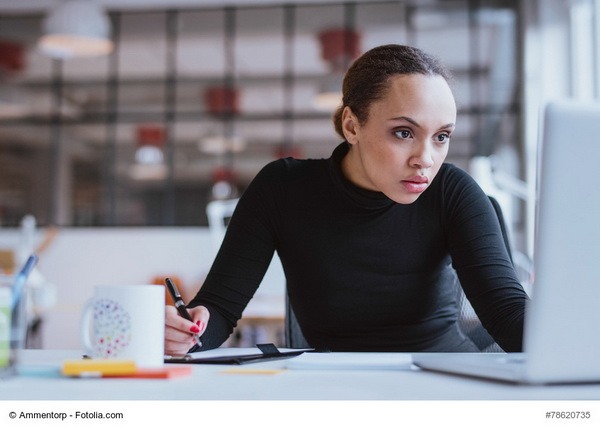
This is a huge stock niche with numerous subcategories in every form. Build your name around it. And since we’re talking about perspectives, why stop at women?
Men, transgender and non-binary people, elderly individuals, and people with disabilities – each group offers a new point of view. How can you stand out in this field? Honest shots, thoughtful storyboarding, and respectful representation will elevate your work to the next level.
Don’t shoot the first idea that comes to your mind when you hear the word “minority.” We want images that make people smile, relax, or feel inspired.
If an image is stereotypical or uninteresting, it simply won’t stand out.
Don’t Forget the Background
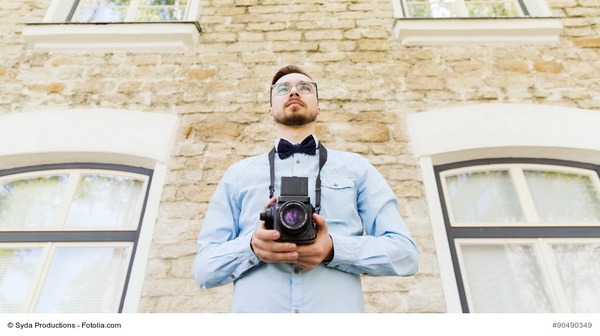
Sometimes that extra space is what makes the picture perfect, giving it room to “breathe.” Shoot both vertically and horizontally, as the less expected composition can often work best.
Cinemagraphs: Clever Little Images
They differ from GIFs because a .gif is a short looping video, while a cinemagraph uses subtle motion within one area of the frame while the rest remains still.
A well-made cinemagraph doesn’t feel repetitive – it might show something as small as steam rising from a coffee cup, holding the viewer’s gaze for just a moment where motion contrasts with stillness.
If you’re curious how it’s done, you can find tutorials in our blog. Please note that when uploading cinemagraphs, they must be in video format, not GIF.
4K: Time to Start
The demand for high-quality video is huge and growing daily. 4K is quickly becoming the industry standard. If you haven’t tried working in this format yet, now is the time!
Keywords: Fewer but Better
In the past, we advised adding 50 keywords to each file, but things have changed. The new recommendation is 30 keywords per file. As always, make sure they’re relevant – start with the most fitting ones.
The first keywords should be descriptive, and the last ones more conceptual. Most buyers don’t search by technical terms like resolution or equipment, so including them won’t help your files get found.
Using irrelevant keywords will increase file rejection rates, so add only those that truly fit!
Give Models Freedom
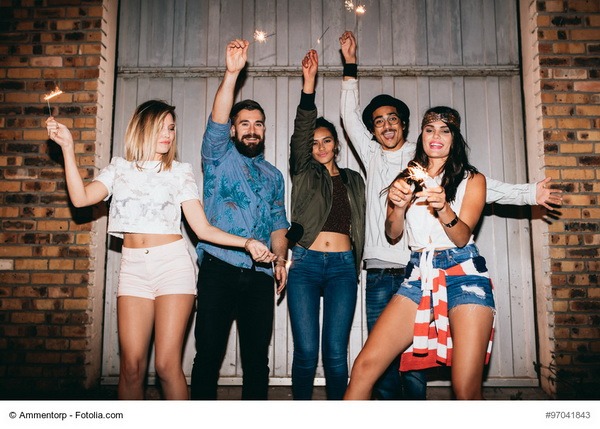
Any sign of hesitancy from the photographer affects everyone involved. Always direct your models but let them act naturally so their poses feel authentic.
This is especially important in video – if a model keeps checking for your approval, it looks unprofessional and awkward. Give clear instructions so everyone knows their role during the shoot.
Compliment them, show a few frames, and start a friendly conversation – while keeping control over the process. Give your models freedom!
Pay attention to body language. Everyone has personal boundaries, and crossing them can make a model close off emotionally, preventing authentic results. Demonstrate the pose you want rather than physically adjusting their bodies.
Your confidence and professionalism must remain unshakable. If you’re relaxed and satisfied, it will show in the frame. Keep shooting – sometimes the best magic happens before or after the planned moment.
White and Pastel Tones: Soften the Palette, Calm the Mind

(Leatrice Eiseman, Executive Director of the Color InstituteTM)
There’s no longer room for gender-based color distinctions. With so much confusion in the world, let’s relax a bit through muted tones, soft shadows, and pastel hues.
Balance the Light
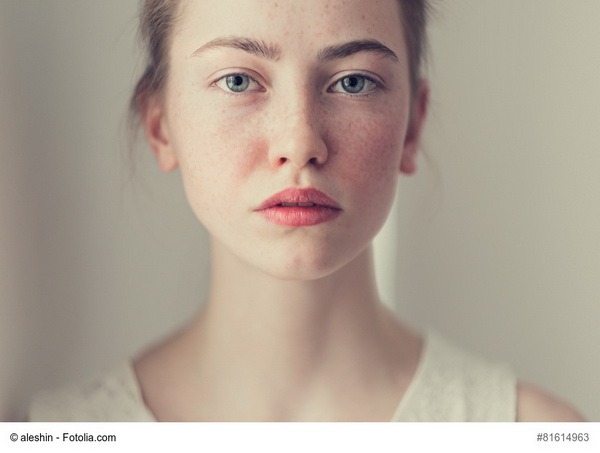
Avoid additional light sources if their color temperature differs from daylight. Using Photoshop’s “dodge” or “burn” tools along with careful “curves” adjustments can help boost contrast in low-light shots.
Keep the Design Flat
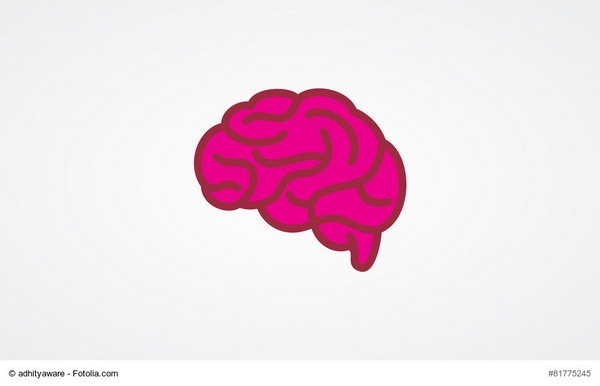
Check out our top flat design examples for inspiration. Flat design can also be applied to photos – using a neutral background gives designers freedom to add text without compromising the image.
We look forward to seeing your beautiful, bold, and creative photos, illustrations, cinemagraphs, and videos. Remember – you can create this kind of content! Be thoughtful with keywords and have fun along the way.
This article is available in the following categories: About Microstocks, 123RF, Depositphotos, Dreamstime, Fotolia, Istockphoto, Shutterstock



Anton, I would be happy to work on the descriptions. I look forward to your technical assignment and the algorithm. taty_911@mail.ru
Friends, I have a small job for those who can skillfully write descriptions for a photo collection of several thousand files. The theme: description of a clothing designer’s works. Requires assigning a couple of dozen tags to the photos. Some (possibly not all) will need a description. I will provide the algorithm, and a detailed technical assignment is being prepared; the methods of implementation are discussed.
Sorry for posting here – off-topic – honestly, I don’t know how to approach the problem of finding an executor.